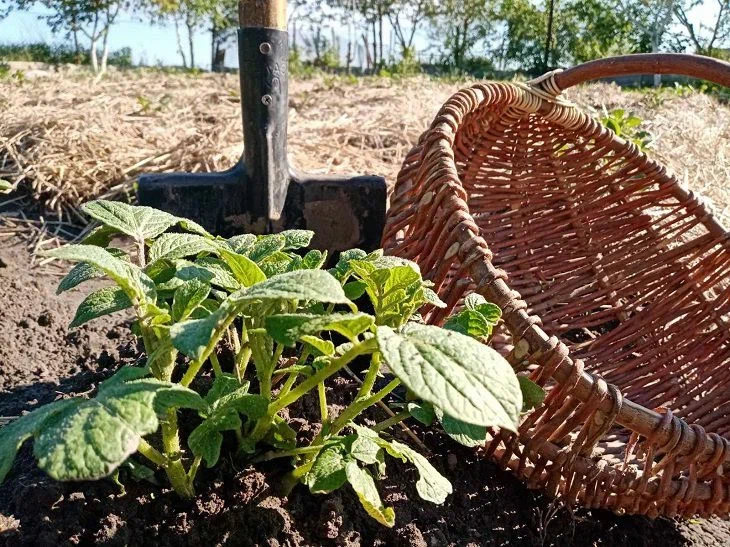Soil fertility is a key factor in successful gardening.
Many gardeners and farmers are looking to improve the quality of their soil without resorting to using manure, which can contain pathogens and unwanted impurities.
Anastasia Kovrizhnykh , an expert of the online publication "BelNovosti", an agronomist and landscape designer, told how to act in such a situation.
What are some alternative methods of improving soil fertility that will help achieve healthy and productive crops?
Organic fertilizers
Organic fertilizers are one of the most effective ways to enrich the soil without using manure.

Compost made from kitchen scraps, fallen leaves and other organic materials is an excellent source of nutrients. Composting helps improve the structure of the soil, increase its moisture capacity and stimulate the growth of beneficial microorganisms.
Green manures
Green manures, or green manures, are plants that are specially grown to be incorporated into the soil.
These plants enrich the soil with nitrogen and other important elements, and also help improve its structure.
Among the most popular green manure crops are lupine, mustard, phacelia and clover. Sowing these crops and their subsequent incorporation into the soil significantly increases its fertility.
Mulching
Mulching is another effective method of improving the soil. Mulch, which consists of organic materials such as straw, grass clippings, wood chips or leaves, helps retain moisture in the soil, prevents erosion and suppresses weed growth. In addition, mulch gradually decomposes, enriching the soil with nutrients.
Using wood ash
Wood ash is an excellent source of potassium and phosphorus, which are essential for plant growth. Adding ash to the soil increases its fertility and helps balance the acidity level. However, it is important to remember that ash should be used in moderation to avoid an excessive alkaline effect.
Biopreparations and microbiological fertilizers
Biopreparations and microbiological fertilizers, such as mycorrhizal fungi and bacteria, significantly improve the structure of the soil and its fertility.
These microorganisms promote the decomposition of organic matter and help plants better absorb nutrients. The use of biopreparations allows creating favorable conditions for the growth and development of crop plants.
Crop rotation
Crop rotation is a method in which different types of plants are planted in the same area at different times. This helps prevent soil depletion, improves soil structure, and reduces the risk of diseases and pests.
For example, after growing legumes, which enrich the soil with nitrogen, you can plant vegetables that require this element in large quantities.
Introduction of earthworms
Earthworms play an important role in improving soil fertility. They loosen the soil, improving its structure and aeration, and also promote the decomposition of organic matter. The presence of earthworms increases the number of beneficial microorganisms in the soil, which has a positive effect on its fertility.
Use of mineral fertilizers
Mineral fertilizers can be a good complement to organic soil improvement methods.
These fertilizers quickly replenish the deficiencies of specific elements such as nitrogen, phosphorus and potassium. However, it is important to use mineral fertilizers with caution so as not to upset the balance of nutrients in the soil.
Maintaining optimal pH
Optimal soil pH plays a key role in the availability of nutrients to plants. Soil that is too acidic or alkaline can limit the absorption of important elements.
To improve soil fertility without manure, it is important to regularly check the soil pH and make any necessary adjustments, such as adding lime to reduce acidity or sulphur to increase acidity.
Previously we told you how to grow large watermelons in your garden .









